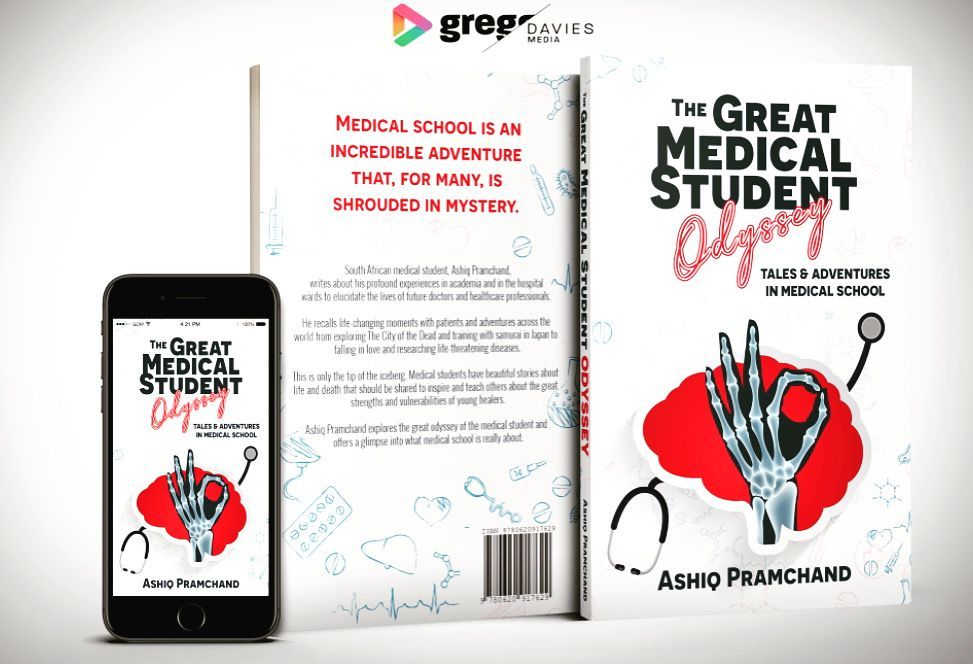What drew you to Medicine?
Medicine combines my love for people and science. It is demanding, and requires intense schooling and constant training, mixed with a chaotic schedule, but it’s a journey I am truly excited about.
What about South Africa's Medical arena inspires you?
We have some of the world’s most celebrated and innovative researchers, with whom I have had the privilege of working. I’ve seen many incredible physicians who endure the gauntlet of long working hours, especially in settings with limited resources.
They emerge from the crucible with creative solutions for medical issues that are globally relevant. People’s limitless capacity for growth, innovation and resilience in the South African healthcare system inspires me every day, and I’m grateful to be a part of it.
What is the most memorable moment in your medical career to date?
There are many, but the craziest was the chicken that flew into one of our high care units. We couldn’t catch it because it just kept flying away from us. It stayed in the hospital for two days.
Do you have your eyes set on a specialty?
I have a strong feeling that it will be a surgical discipline, but I want to gain enough experience in every possible discipline before I commit fully. Medical advances and breakthroughs are occurring every year, in all area, and who doesn’t want to be part of that?
How did Crawford International prepare you for the real world?
Crawford International taught me to manage my time and provided a great learning environment! This has allowed me to follow my many interests. I’m a keen pianist with more than 17 years of classical training.
I enjoy Northern and Southern Kung Fu styles at the Chinese Martial Arts and Health Centre in Durban. I’ve completed the Midmar Mile twice and I enjoy playing tennis, practising swordsmanship, meeting friends, watching good movies, playing video games, exercising, writing, travelling (when we can), learning new languages and reading.
I’m not dating anyone at the moment, but I believe being a family man is on the cards for me.
Read another Crawford International Alumni success story
here.
What does the future hold for you?
I haven’t even scratched the surface of possibilities yet. I feel that there is a divine significance to constantly improving oneself and achieving new things.
You can find meaning by pushing yourself beyond your limits. Who knows what you can achieve by doing this? There are infinite opportunities that can be seized every minute of every day.
Is philanthropy part of your DNA?
Yes, charitable work is something that I think that every person should start doing from a young age. Right now, I help provide medical information and support to a small rural community called Umgababa. But during my medical school career, I’ve worked with an NGO to help build houses in the community and raise awareness of HIV and TB.
I worked as a TV presenter for a local show called African Essence, which raises awareness of relevant social issues and I created an app called ZavourIT with a team of friends.
The app helps people start small businesses, gain venture capital and promote their work for free. I love doing charitable work, because you have the chance to meet incredible people from all walks of life and practically apply your skills for the benefit of communities.
By helping others improve, we also help improve ourselves. I love and enjoy what I do immensely. There’s always time to enjoy hobbies and time with the people you care about, even when you are in medical school.
Medicine is not just learned in universities, textbooks or hospitals. By meeting people, listening to them and forging strong relationships, we understand people better and can therefore care for them better.
Click
here to lean how Crawford International approaches education holistically.














